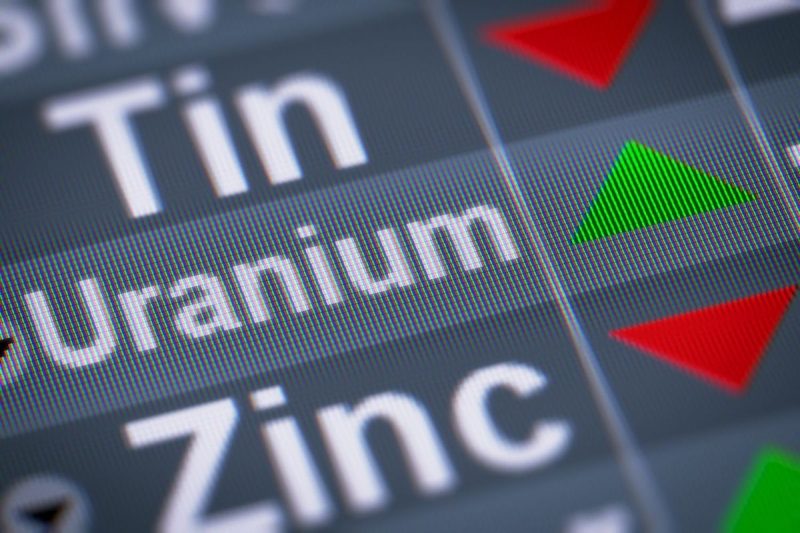Uranium Stocks Surge as Kazakhstan Raises Mineral Extraction Tax
The recent decision by Kazakhstan to increase the mineral extraction tax on uranium has sent shockwaves through the global uranium market, resulting in a surge in uranium stocks. This move by one of the world’s largest producers of uranium is expected to have far-reaching implications not only for the country itself but also for the global nuclear industry.
Kazakhstan is a key player in the uranium market, accounting for a significant portion of global uranium production. The government’s decision to raise the mineral extraction tax on uranium is aimed at increasing revenue from the mining sector, which has been facing economic challenges in recent years. This tax hike, coupled with other economic reforms, is part of Kazakhstan’s broader efforts to diversify its economy and reduce its dependence on oil and gas.
The announcement of the tax increase caught many investors and industry analysts off guard, leading to a surge in uranium stocks as market participants rushed to adjust their portfolios in response to the news. The price of uranium also witnessed a significant spike in the aftermath of the announcement, as concerns over a potential supply shortage led to increased demand for the nuclear fuel.
The decision by Kazakhstan to raise the mineral extraction tax on uranium has raised questions about the future of the global uranium market. Some analysts believe that the tax increase may lead to a slowdown in uranium production in Kazakhstan, which could tighten supply in the market and push prices even higher. This, in turn, could benefit other uranium-producing countries and companies around the world.
On the other hand, there are concerns that the tax hike could dampen investment in Kazakhstan’s uranium sector, leading to a potential decline in production in the long run. This could have a negative impact on the country’s economy and its position in the global uranium market. It remains to be seen how Kazakhstan will navigate these challenges and whether the tax increase will achieve its intended objectives.
The surge in uranium stocks following Kazakhstan’s decision highlights the interconnected nature of the global uranium market and the impact that policy changes in one country can have on the entire industry. As countries around the world continue to grapple with the transition to cleaner energy sources, the demand for nuclear power and uranium is expected to remain strong in the coming years.
In conclusion, the decision by Kazakhstan to raise the mineral extraction tax on uranium has sent shockwaves through the global uranium market, resulting in a surge in uranium stocks and prices. This move has raised questions about the future of the uranium market and its implications for both Kazakhstan and the global nuclear industry. As investors and industry players closely monitor developments in Kazakhstan and other uranium-producing countries, the dynamics of the uranium market are likely to continue evolving in response to changing economic and policy landscapes.
